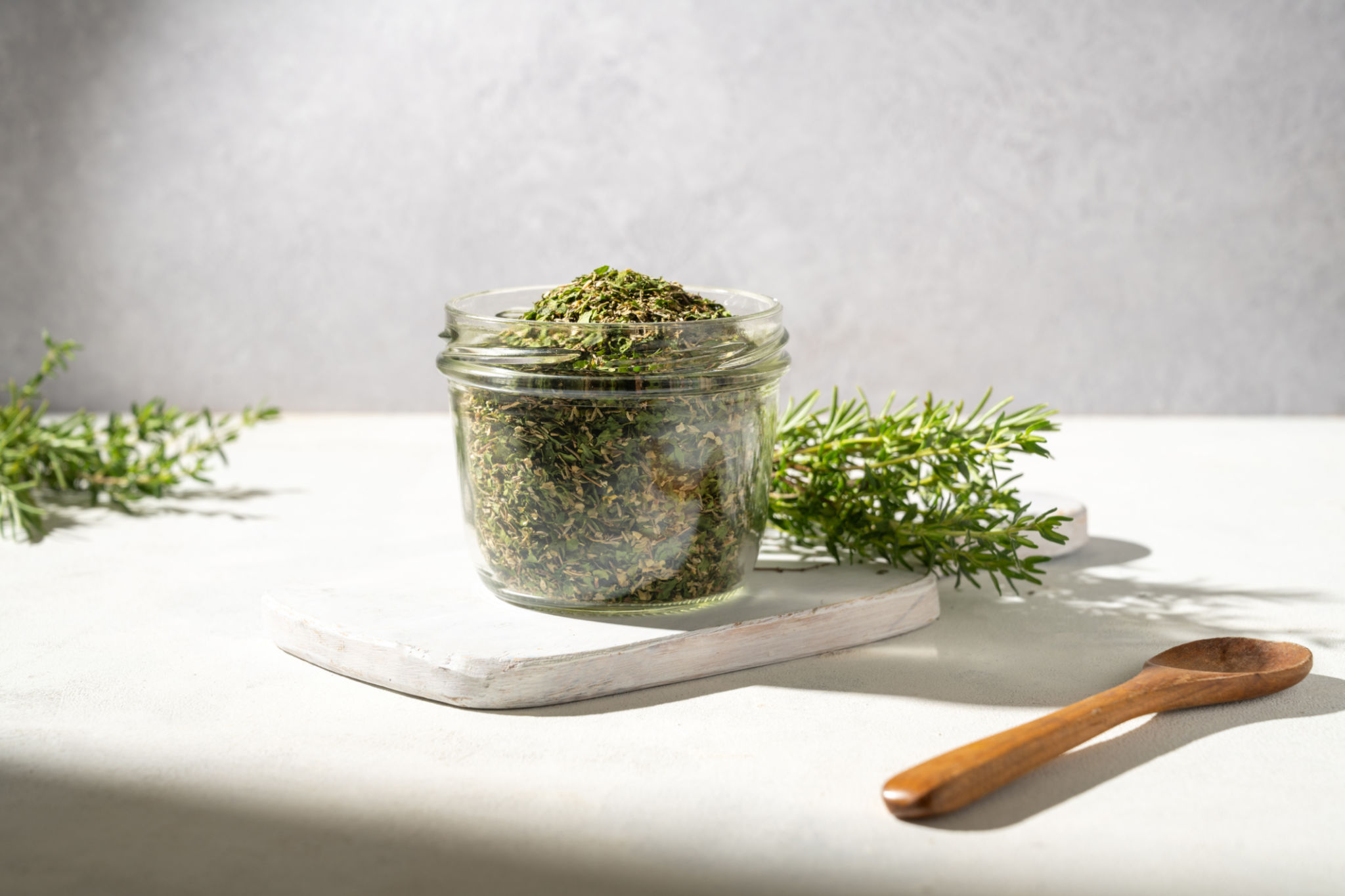Understanding Herbal Treatments for Common Viral Infections
Introduction to Herbal Treatments
As the world continues to explore natural and holistic health solutions, herbal treatments have gained popularity for their potential in managing common viral infections. These natural remedies have been used for centuries in various cultures and offer an alternative to conventional medicine. Understanding how these treatments work and their benefits can empower you to make informed decisions about your health.
Herbal treatments are derived from plants and have been traditionally used to alleviate symptoms and promote healing. Many people turn to these natural solutions as they often have fewer side effects compared to synthetic drugs. However, it's important to approach herbal remedies with care and consult healthcare professionals when necessary.

Common Herbal Remedies for Viral Infections
Echinacea
Echinacea is one of the most well-known herbs used to enhance the immune system. It is believed to reduce the duration and severity of symptoms associated with the common cold and other viral infections. Echinacea can be consumed as a tea, tincture, or in capsule form.
Garlic
Garlic is renowned for its antiviral and antibacterial properties. Consuming raw garlic or taking garlic supplements may help fend off viruses and boost your immune response. Garlic contains allicin, a compound known for its ability to combat pathogens.

Ginger
Ginger is another powerful herb with antiviral properties. It is often used to soothe sore throats and reduce inflammation. Drinking ginger tea or adding fresh ginger to your meals can provide relief from symptoms of viral infections.
How Herbal Treatments Work
The effectiveness of herbal treatments largely depends on their active compounds, which interact with the body's systems to produce therapeutic effects. These compounds can help to strengthen the immune system, inhibit viral replication, and alleviate symptoms such as congestion and sore throat.
- Immune Boosting: Herbs like Echinacea and garlic stimulate the immune system, making it more efficient at fighting off viral invaders.
- Anti-inflammatory: Many herbs possess anti-inflammatory properties that can reduce swelling and pain associated with infections.
- Antiviral Actions: Certain herbs directly target viruses, preventing them from multiplying and spreading.

Precautions and Considerations
While herbal treatments offer a natural alternative to pharmaceuticals, they are not without risks. It is crucial to use these remedies responsibly. Some herbs can interact with medications or may not be suitable for everyone, including pregnant women or individuals with specific health conditions.
Consulting a healthcare provider before starting any herbal treatment is wise, especially if you are currently on medication or have underlying health issues. Additionally, sourcing high-quality herbs from reputable suppliers ensures that you receive products free from contaminants.
Conclusion
Herbal treatments can serve as a complementary approach to managing common viral infections. By understanding the benefits and limitations of these natural remedies, you can incorporate them into your health regimen safely. Always prioritize informed choices and professional guidance when exploring herbal solutions for viral infections.